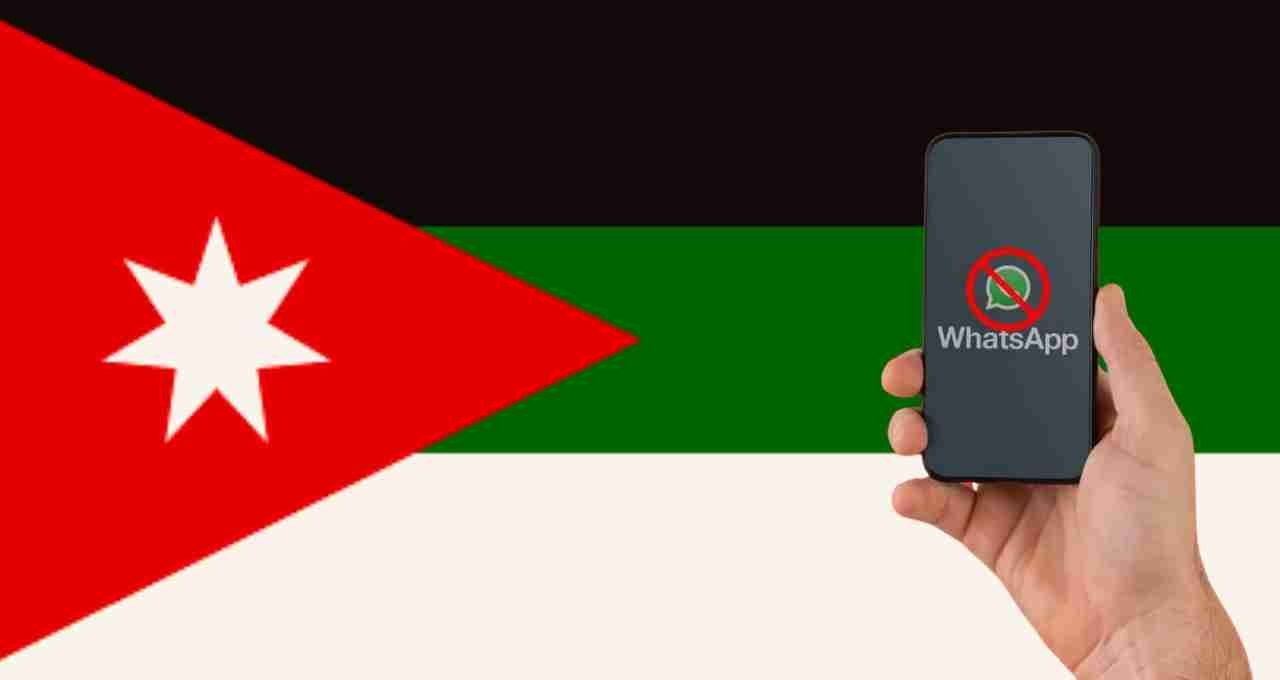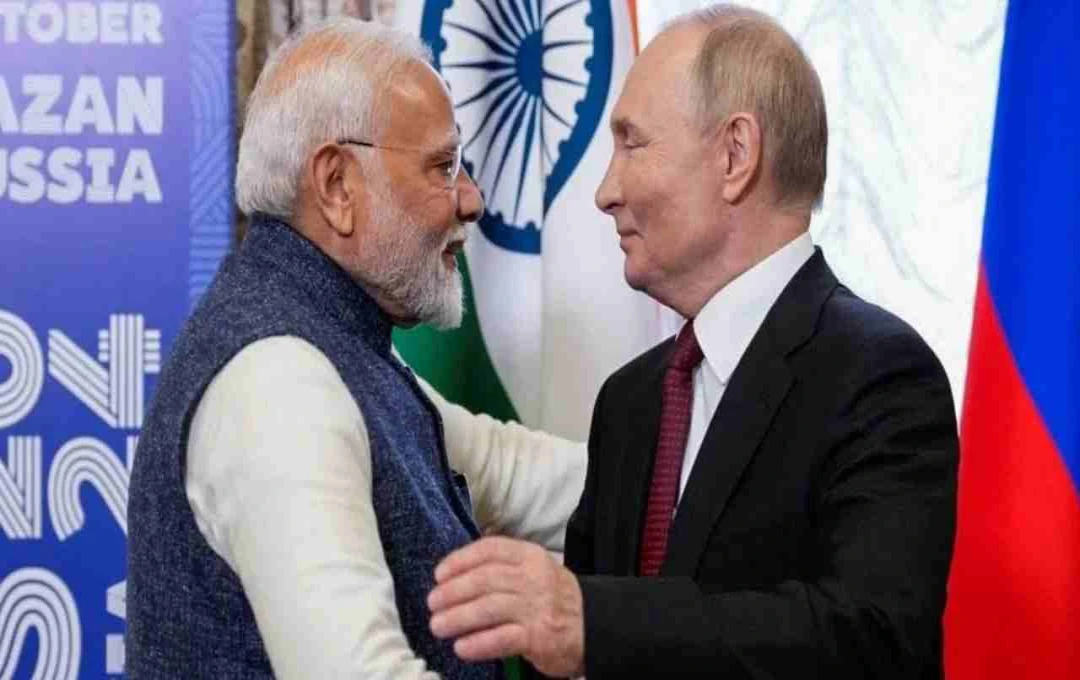WhatsApp is banned or restricted in six countries—China, Iran, the UAE, Qatar, Syria, and North Korea—primarily due to concerns regarding security, political control, and the interests of telecommunications companies.
In today's digital age, WhatsApp has become ubiquitous, integrated into the lives of nearly every smartphone user. Owned by Meta, this app is used not only for messaging but also for voice calls, video calls, file sharing, business communication, and even payments. It boasts over 2.7 billion users globally, with over 535 million users in India alone.
Why is WhatsApp Banned?
Each country has its own political, social, and economic reasons. However, three primary reasons generally underlie the banning or restriction of WhatsApp:
- Political Control: Governments aim to maintain control over citizens' communication.
- Security Concerns: WhatsApp's end-to-end encryption prevents government surveillance.
- Interests of Local Telecom Companies: In many countries, WhatsApp calling negatively impacts the revenue of telecom companies, leading to the banning of calling features.
1. China – Completely Banned

WhatsApp is completely banned in China. The Chinese government has established a powerful internet censorship system known as the "Great Firewall." Its purpose is to block foreign platforms and redirect Chinese users to local apps like WeChat. This also allows the government to monitor user activity.
2. Iran – Intermittently Banned
In Iran, WhatsApp is not always banned but faces partial or complete restrictions during times of political tension. The government also seeks to control citizens' online communication. The encryption used by platforms like WhatsApp makes this impossible, hence the ban.
3. United Arab Emirates (UAE) – Calling Completely Banned

While text messaging is permitted on WhatsApp in the UAE, voice and video calling are completely prohibited. The main reason is the potential loss of revenue for domestic telecommunication companies. The government encourages the use of local calling services to maintain the income of these companies.
4. Qatar – Calling Features Restricted
In Qatar, WhatsApp can be used for messaging, but voice and video calling are disabled. This is to protect the revenue of local telecom companies. The calling feature is blocked to encourage the use of local services.
5. Syria – Completely Banned

Syria's government maintains strict control over the internet, resulting in a complete ban on WhatsApp. This aims to prevent citizens from easily accessing information from the outside world. The government therefore does not permit platforms that facilitate open communication and information sharing.
6. North Korea – Internet Access Restricted
North Korea is arguably the most closed and controlled country in the world. Ordinary citizens lack access to the global internet. Only some government officials have limited internet access. Therefore, mentioning apps like WhatsApp is irrelevant—they are effectively banned.
How People Use WhatsApp via VPNs

A VPN, or Virtual Private Network, connects your internet connection to a server in another country. This masks your location, making it appear as if you are accessing the internet from a country where WhatsApp is not banned. This allows many users to access WhatsApp in countries where it is restricted. However, this method is not entirely safe or permanent, as using a VPN is illegal or risky in many countries. In some places, detection of VPN use can result in fines or penalties.















